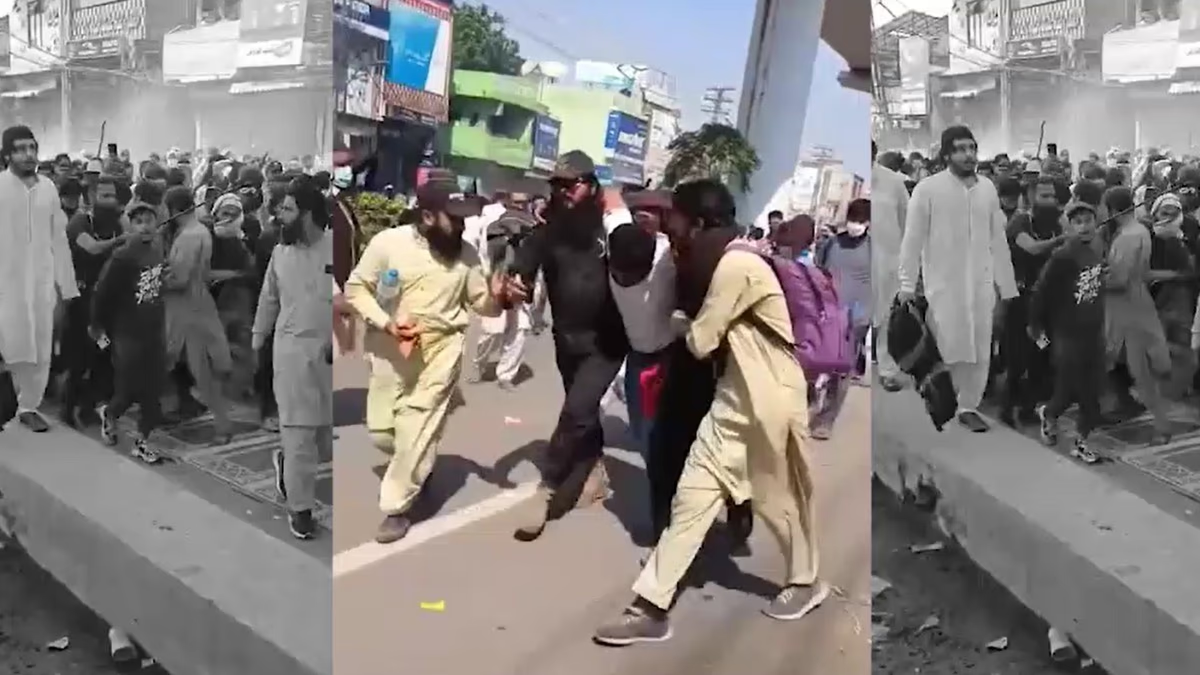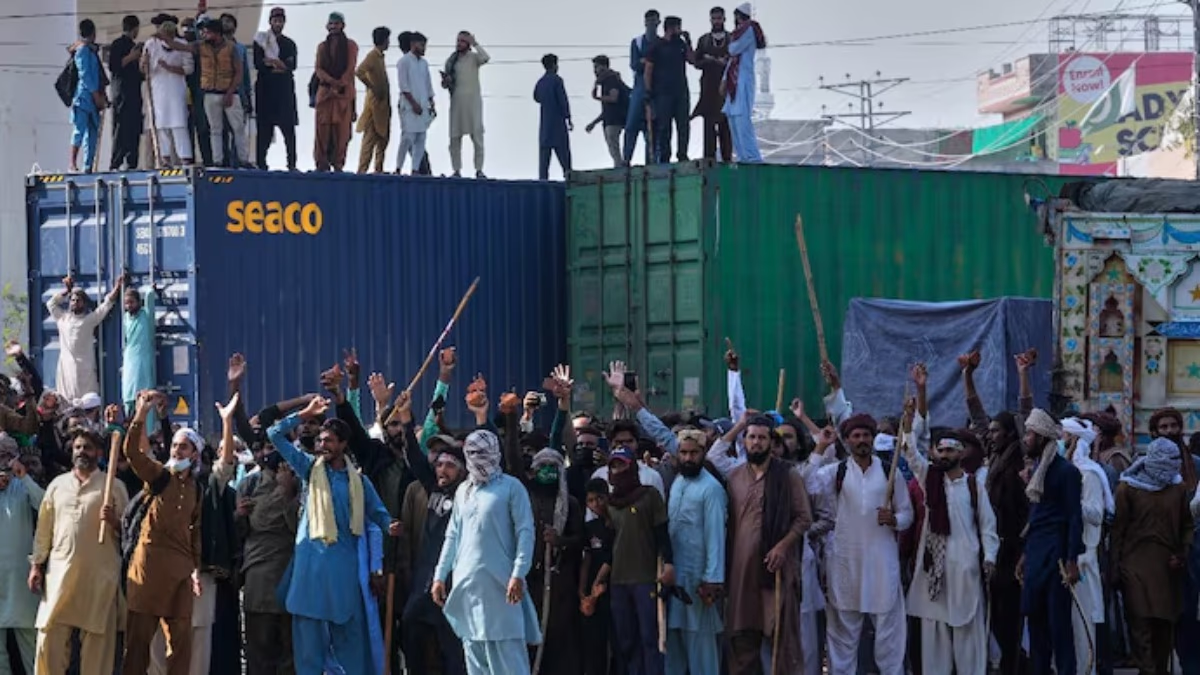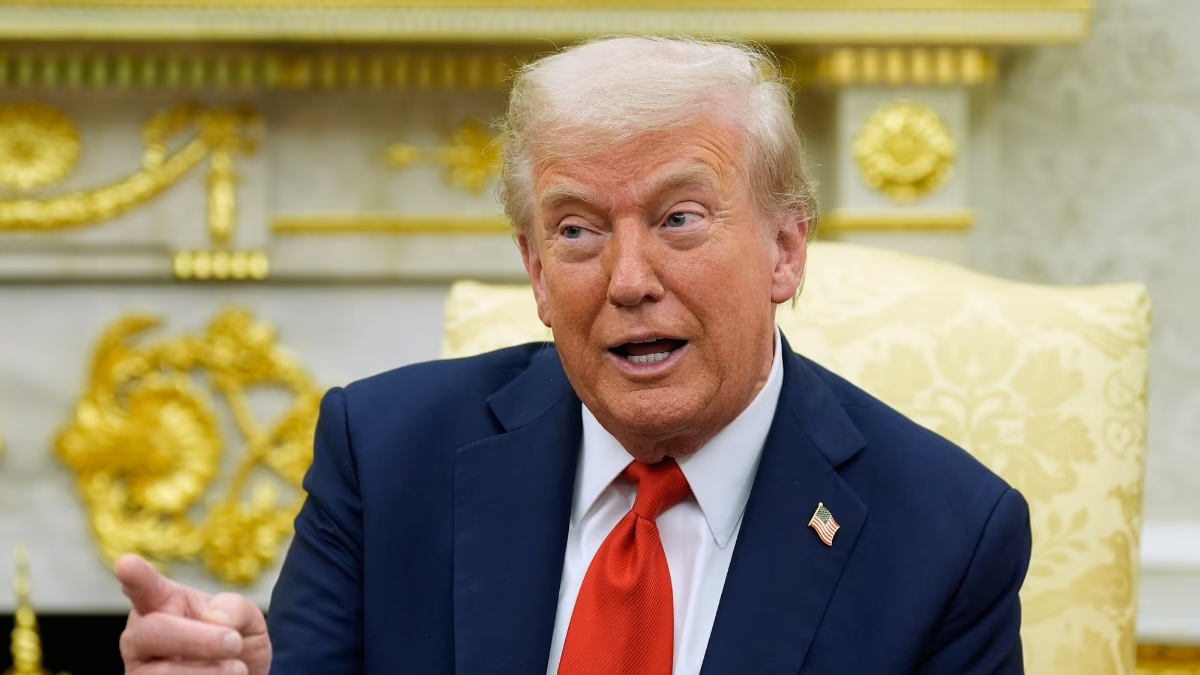Amid growing tension, several cities, including Lahore, are caught in chaos. Following violent clashes between police and supporters of the hardline Islamic group, Tehreek-e-Labbaik Pakistan (TLP), internet connectivity has been disrupted in numerous locations.
Protesters took to the streets to voice their dissent against the Pakistan government's endorsement of former U.S. President Donald Trump's Gaza Plan. Amidst this turmoil, TLP workers directed their chants against Prime Minister Shahbaz Sharif and Field Marshal Asim Munir, prompting the police to respond with tear gas and baton charges.
Reports indicate that outside the Rehmat-ul-Aalmeen Mosque in Lahore, Punjab police allegedly opened fire on worshippers arriving for Friday prayers, resulting in injuries to dozens of TLP activists. This confrontation has heightened the city's tension, fueling further outbursts from TLP supporters.
Field Marshal Munir's Multilateral Challenges: The Trap of Pakistan's Military
Internet Suspended and Roads Sealed in Major Cities
Faced with an uncontrollable situation, the Pakistani government has cut internet services in Islamabad and Rawalpindi. Additionally, security forces have sealed key entry and exit points in Islamabad, Rawalpindi, Peshawar, and Lahore.
Authorities mention that these actions are part of measures to prevent TLP's planned 'Anti-Israel March.' This march called 'Labbaik Ya Aqsa Million March' was set to proceed toward the U.S. Embassy in Islamabad.
Nationwide Crackdown Ahead of TLP March
The Punjab government has already imposed Section 144, prohibiting public gatherings and rallies until October 18. To hinder protestors’ movements, containers have been positioned at major roads in Lahore and pivotal junctions like Faisalabad Interchange in Islamabad.
Police Enter Islamabad Press Club: Pakistan's Hidden Truth in PoK Unrest
Despite escalating nationwide clashes and disrupted communication, the radical group has resolved to continue its protests, maintaining Pakistan in a heightened state of alert.




